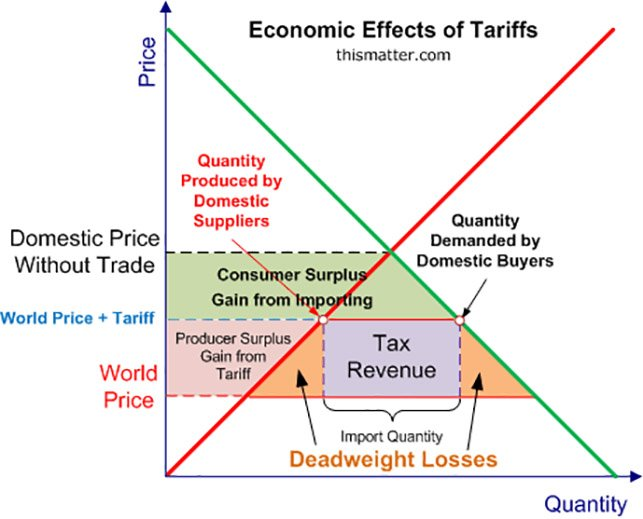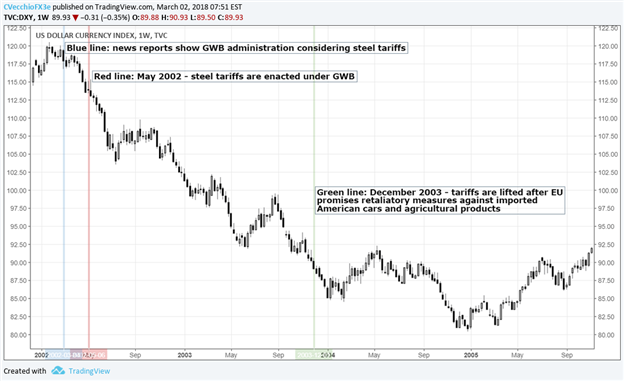Timmy
Gold Member
- Oct 2, 2015
- 22,432
- 2,836
- 290
some (but not all to their credit ) Trump fans in here are all excited over the tariff moves by trump .
Many of those same posters flip out over any minwage increase because it adds to the costs of goods/services.
Can you justify being for tariffs and against min wage ?
Many of those same posters flip out over any minwage increase because it adds to the costs of goods/services.
Can you justify being for tariffs and against min wage ?




